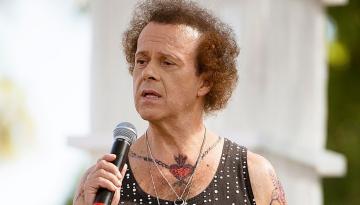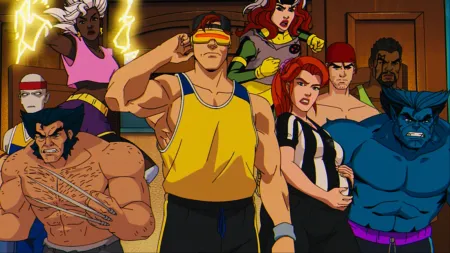It is 1942. The resistance against the British rule in the subcontinent is at its peak: Mahatma Gandhi is on the verge of pronouncing his ‘do or die’ dictum, which will become the war cry for the other well-known freedom fighters, as well as the common citizens, all of whom are gathering their energies for a final push to throw the invaders out.
But it’s not going to be an easy task, as discovers young Usha Mehta (Sara Ali Khan), the daughter of a barrister (Sachin Khedekar) who frowns upon her desh-bhakti activities. The leaders of the Quit India movement are in jail. The British rulers are using violence in the streets and torture in the cells, to break the back of the revolutionaries. Along with close friends and fellow young patriots, Kaushik (Abhay Verma) who has feelings for her, and Fahad (Sparsh Srivastav), Usha hits upon using the radio as an instrument of rebellion.

Also read – Murder Mubarak movie review: Sara Ali Khan stars in a delightful whodunit
Done well, this little-known slice of our recent history, should have given us a lead character to root for, and a tale full of fervour. For filmmakers tackling this tumultuous era, which has had so many cinematic iterations, the real challenge is always going to be to infuse freshness into familiar facts. And Ae Watan Mere Watan had a readymade, potent weapon: a young woman, growing up under the tutelage of a strict-yet-loving father and a supportive aunt, breaking free, standing up for herself, and her country.
But there’s nothing about this period drama which breaks out of familiar moulds. Right from an opening scene when little Usha looks up at a row of Siberian cranes, giving her father a chance to dole out a sonorous lecture about, yes, finding her wings, you despair: the dialogue, overall writing, treatment, plotting, is a banal blur. O’Neill strides about, playing the officer-barking-orders to the hilt, drowning the sole interesting segment, in which the authorities and the youthful radio operators play a cat-and-mouse game. And we never get past the feeling that the whole thing is a giant set.
In the titular role, Sara Ali Khan leaves little impact, her costume — crimped hair, plaits, plain salwar-kameez-and-sari — wearing her rather than the other way round. The excellent Anand Tiwari is reduced to a Parsi prop whose dancing skills are given more sway than his ability as an ace radio engineer who creates the set through which the crucial broadcasts go out. The actors playing Gandhi and Nehru come and go in a flash; the film’s real interest lies in the figure of Ram Manohar Lohia (Emraan Hashmi, making us look, as always) but the reason is left vague.
Read more – Zara Hatke Zara Bachke movie review: Vicky Kaushal, Sara Ali Khan film fails to build on its comic potential
The breakout star here is Sparsh Srivastav, the polio-afflicted young ‘krantikari’ who channels a quiet patriotism. It is not declarative, but internalised, and therefore powerful. He was terrific in ‘Laapataa Ladies’; here he proves that that performance was no fluke. I ended up watching him more than anyone else in this film which could have, and should have, been a lot more than it turns out to be.
Ae Watan Mere Watan
Director – Kanan Iyer
Cast – Sara Ali Khan, Emraan Hashmi, Sparsh Srivastav, Abhay Verma, Sachin Khedekar, Anand Tiwari, Alexx O’Nell
Rating – 1.5/5
Disclaimer: The copyright of this article belongs to the original author. Reposting this article is solely for the purpose of information dissemination and does not constitute any investment advice. If there is any infringement, please contact us immediately. We will make corrections or deletions as necessary. Thank you.







